Music Can Boost Your Mood
What is your favorite kind of music? Maybe you are a classic rock lover. Perhaps you enjoy classical, jazz, or contemporary sounds that seem to blend the two. Maybe you have a taste for a sugary pop number or love the flow of your favorite rapper. Perhaps opera or a cappella appeals to you.
No matter what kind you enjoy, odds are pretty good that you find the experience of listening to that music to be pleasurable. Whether our taste runs toward the smoothest jazz or toward the hardest rock, when we listen to tunes that we enjoy, it gives our mood a boost. Arguably, that mood-boost is one of the primary reasons we listen to the radio, use our favorite streaming service, or build personal playlists and music collections, and go to concerts.
Improving our mood is a significant benefit of music, but it isn’t the only way in which music can support mental well-being. Let’s take a closer look at some specific ways engaging with it can lead to significant mental health benefits.
Music to Your Ears—and Your Mind
Here are five ways in which music can support your mental health:
- Music can fuel your workout. When you listen to upbeat music while working out, both your motivation and your performance will be enhanced—meaning you get more out of your workout. Exercise, of course, is great for your physical health, but it’s also important to your mental health.
- Music can soothe you to sleep. Many of us toss and turn at night because we are worrying about the future or replaying incidents from the past. Soft, relaxing music can help your brain shift its focus away from ruminations and worries so that you can drift off to sleep. These days, you can find all sorts of music that is specifically intended to help you get much-needed rest. And a good night’s rest is an essential underpinning of good mental health.
- Music can lessen chronic pain. Ongoing pain is more than just a physical challenge. It also chips away at your mental well-being. Studies suggest that for many people, listening to tunes provides some relief.
- Music can address depression. While we have already mentioned the mood-boosting properties, we also want to note that music therapy is a recognized approach for addressing symptoms of depression and anxiety. These mental health disorders are more complex than a simple bad mood, but music can still be an effective part of a treatment plan.
- Making music can be wonderful. We’ve been focused on listening to it, but making it can also provide a boost to your mental health. Whether you sing in the shower, play the ukulele, join a local band or ensemble, or write your own songs, the process of making music unlocks our creativity, can help us form connections with others, and is simply fun. Having a hobby you enjoy is good for your mental well-being, and music-making it can be a very satisfying hobby.
Making Music a Priority
Because we are all so busy, it is easy to relegate music to the background of our lives. Maybe we have the radio on when we drive. Maybe we are vaguely aware of it playing in stores and restaurants we visit. Maybe we hear our kid practicing the trumpet or the tuba or the timpani but don’t really focus on what we’re hearing.
That’s understandable. But to truly experience the mental health benefits that music can provide, it is important to give yourself permission to listen closely and to let the music wash over you. Sing along with your favorite song. Go to a concert and just enjoy yourself. Make a playlist to listen to as part of your evening wind-down. Give yourself permission to listen to an album from beginning to end without interruption. Sign up for piano lessons and set aside time to practice a little each day. By making intentional choices to interact with and enjoy music, you’ll be supporting your mental health and improving your overall quality of life.
We Can Help You Reshape Your Life’s Melody
If you are struggling with a mental health disorder, life may not feel as though it is filled with music. Quite the contrary, in fact. But at Johnstown Heights Behavioral Health, we have the expertise, experience, and compassion necessary to help you find and sustain a happier melody for your life.







